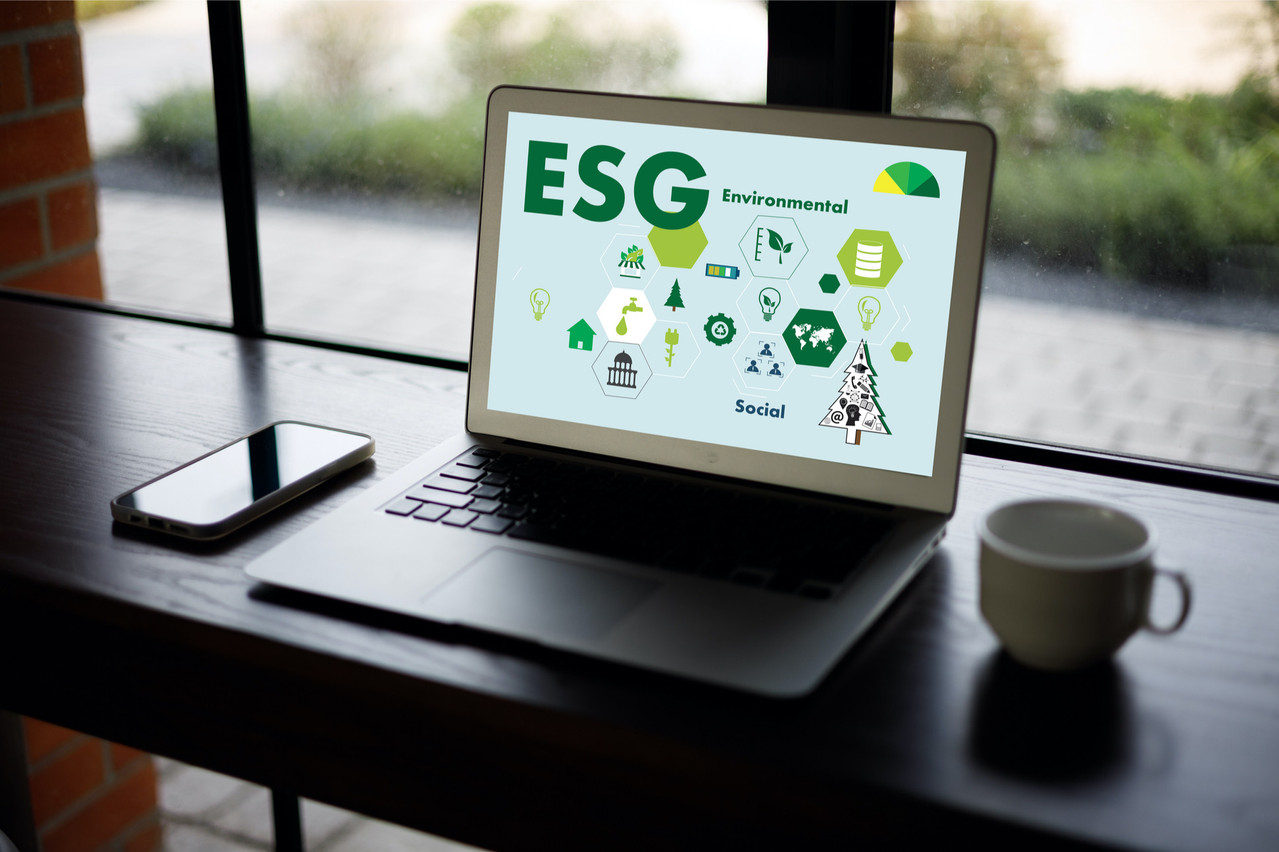(also known as UNPRI or UN Principles for Responsible Investment) is an international network of investors supported by the United Nations and founded in 2006. The network works to develop a more responsible and sustainable global financial system through the implementation of principles that provide a menu of possible actions to integrate environmental, social and corporate governance issues into investment practices across all asset classes, taking into account the investment strategy and resources of each signatory organisation.
David Atkin will take up the position on 10 December. The Australian has worked on both sides of the fence, serving on the network’s board of directors for a time and as chief executive of several Australian pension funds. “This is important for an organisation such as ours, which prides itself on being an organisation that helps and challenges investors,” according to Luchet.
Today, the world of responsible finance is evolving very quickly and is becoming mainstream in most asset classes
“Today, the world of responsible finance is evolving very quickly and is becoming mainstream in most asset classes,” says Luchet. “We are working on the integration of ESG issues in all asset classes and we can see that what was previously considered only as a little extra is now being integrated into investors’ practices in terms of risk management, decision-making and opportunities.” However, she insists that “the risk of greenwashing is growing in the same proportions”.
“This is an issue for the industry, for which, in Europe at least, we are trying to manage with regulations such as the or the , but also for us as an organisation.”
92 signatories in Luxembourg
The PRI network currently has 4,375 investor members and signatories from 85 countries, including 92 signatories in Luxembourg--5 institutional investors, 78 asset managers and 9 service providers. “We are what you might call a ‘big tent organisation’, meaning that we will welcome investors who are at the beginning of their responsible investment practices, as well as others who are at a much more advanced stage. And our vocation is to help everyone move forward, whatever their level, and therefore to have tools and services for everyone and to ensure that once investors have joined us, that they act and that they don’t [rest on your laurels because] they have signed the PRI. I won’t hide that it’s complex.”
When investors sign up--and therefore join--PRI, they have three obligations: to pay their membership fee, to report annually and to implement minimum criteria.
Mandatory reporting is declarative. “In general, in my experience, investors tend to do what they say they will do, although there is obviously a tendency to embellish.”
The minimum criteria are more restrictive. “When an investor joins us, they have two years to put in place a responsible investment policy that covers the majority of their assets under management; appoint a person to be in charge of this policy; and put in place oversight of this policy at executive level.”
PRI is currently considering ways to strengthen these criteria, including reducing the current implementation period from two to one year. “But all this must be done in agreement with our investors, whom we must push and accompany. There is no question of losing them along the way.”
Data challenge
Today, the major challenge for continuing to move forward is data, not only, says Luchet, “access to data but also its reliability and verification”.
“This is an issue that concerns everyone. But as there is no common standard for responsible investment--and bearing in mind that the PRI is a global organisation--it is difficult to make progress. And even if there are regulatory initiatives that push towards this standardisation--notably in Europe--it is the diversity of interpretations that prevails both at company and investor level.”
To illustrate the cultural differences that can exist between the US and Europe, the issue of diversity is a very good example.
On the other side of the Atlantic, diversity--“in all its aspects, gender but also race, disability, etc”--is a strategic issue in investment decisions, whereas in continental Europe it is the issue of taxonomy--in other words, the issue of classifying economic activities to determine which ones can be considered sustainable or green--that is at the heart of the debate. These debates can be stormy, as in the case of nuclear energy, which the French consider to be an indispensable technology for combating global warming, whereas for others, including the Germans, nuclear power is absolutely not responsible.
Such divergences can be found in the area of governance. “In France and southern Europe, you have quite a few companies with family shareholders, which is perfectly acceptable. In the Anglo-Saxon countries, the separation of the managing director and the chairman is fundamental and so is the independence of the directors.”
“However, common denominators manage to emerge, mainly when it comes to quantitative data that serve as a basis for investment decisions.”
Strengthening the quality of reporting will be the priority mission of Atkin, the new CEO of PRI. Luchet states: “The quality of PRI’s reporting needs to be strengthened, to match investors’ expectations, and to find its place within all the reporting ecosystems that exist today. This is our main challenge internally and there is a lot to do.”

